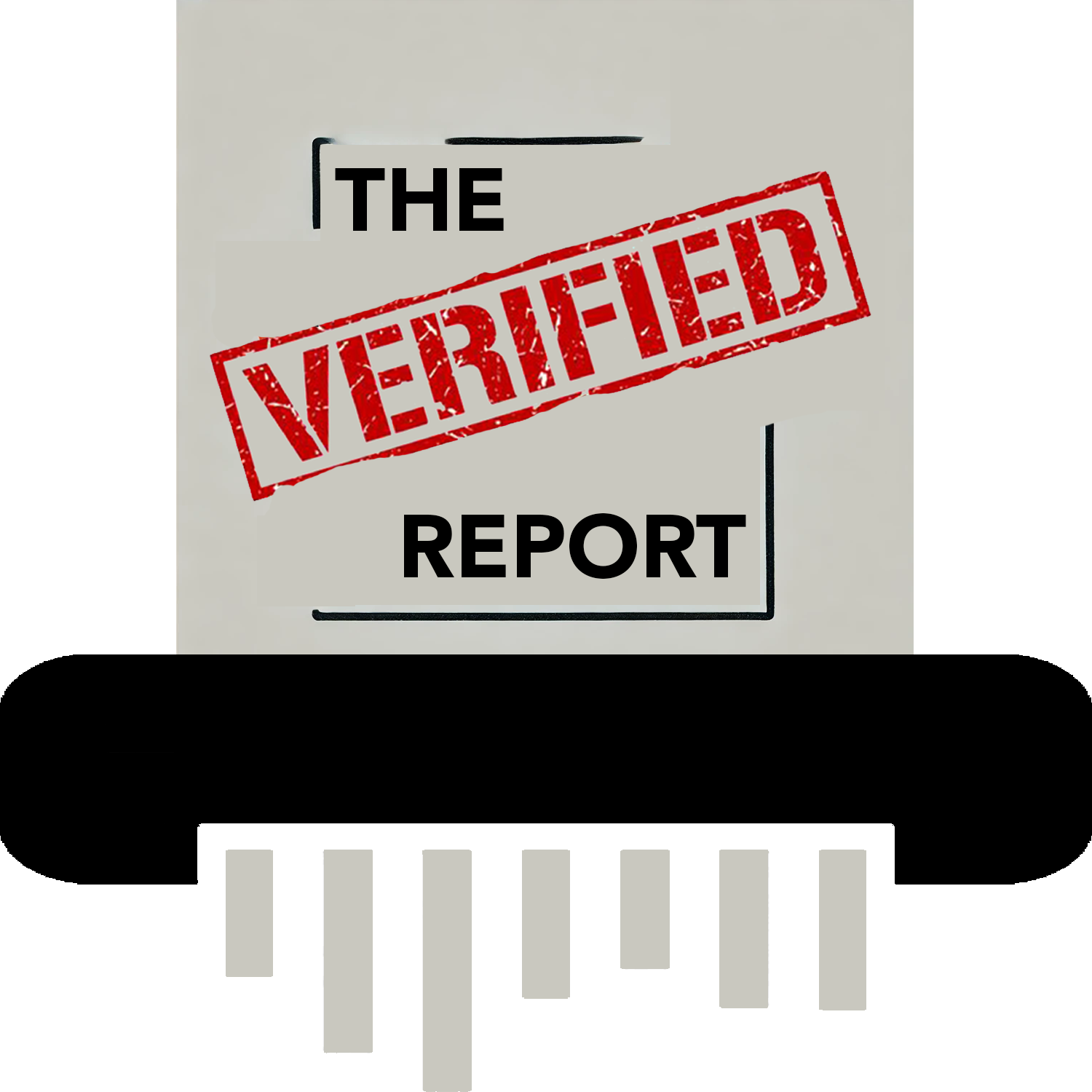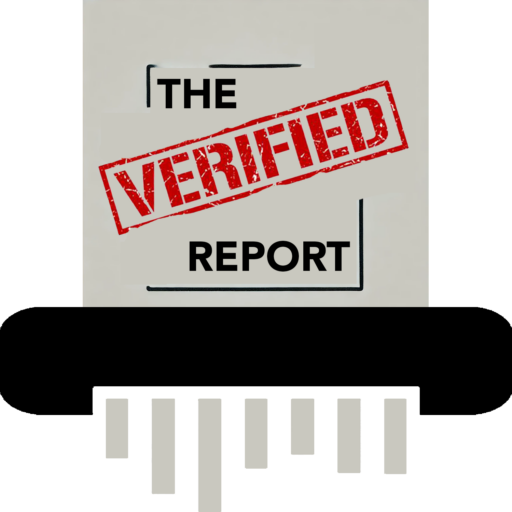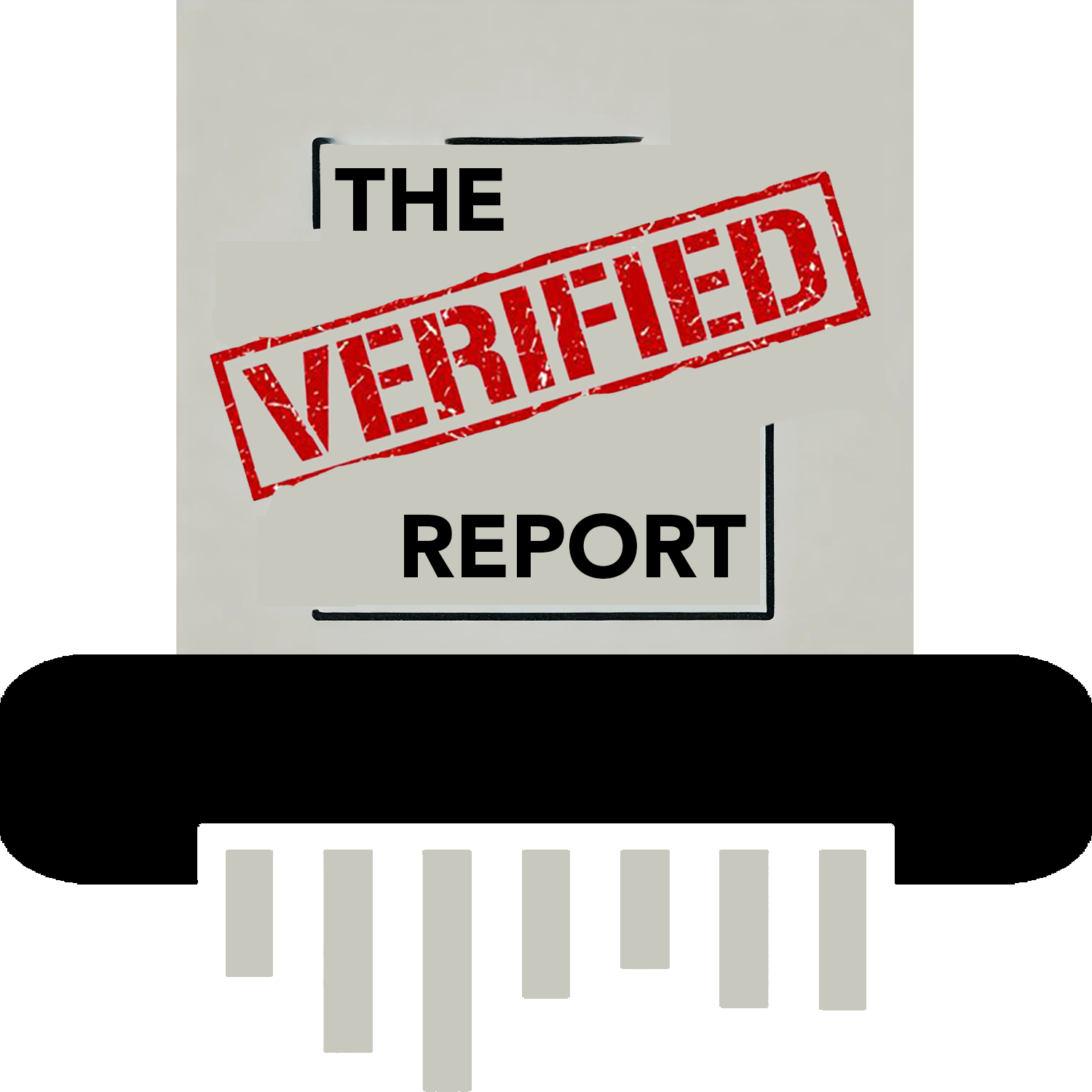The much-publicized UAP Disclosure Act was rejected twice in 2024: first when Rep. Garcia submitted it as a House amendment for their version of the 2025 National Defense Authorization Act. The second time was in September 2024 when it was not included in the Senate’s proposed version of the 2025 NDAA.
But a slimmed-down version of the UAPDA already passed in the 2024 NDAA and is now law. And some other UAP provisions are included in the Senate’s 2025 NDAA.
Here’s a closer look at what was rejected and what might still make it in. Many of these are embedded in the story and can be read right here in the article.
The Full UAPDA Was Not Included in the Senate’s 2025 NDAA Version
The full version of the UAPDA (called the Rounds-Schumer UAP Disclosure Act) was not included in the Senate’s manager’s package of amendments for the 2025 NDAA. It’s important to note that a more streamlined version with some key parts missing is already enacted via the 2024 NDAA.
Sen. Mike Rounds, an original sponsor of the UAPDA, told AskaPol that “negotiations continue” when it comes to the UAPDA.
Much like the JFK documents, of which some files remain classified to this day, the UAPDA was modeled after the JFK disclosure bill, and gave the President the ability to delay disclosure. It also included calls to give the government eminent domain over UFO/UAP tech. It would give the federal government “eminent domain over any and all recovered technologies of unknown origin and biological evidence of non-human intelligence that may be controlled by private persons or entities in the interests of the public good.”
These two provisions have caused some controversy.
Embedded below is the text of the proposed UAPDA for the 2025 NDAA that was NOT included.
Uapda for Ndaa 2025 by Stephanie Dube Dwilson
If you want to read the full Senate version of the NDAA (856 pages long), we have it uploaded here.
A Smaller Version of the UAPDA Was Enacted Via the 2024 NDAA
If you want to read the more streamlined, shorter version of the UAPDA that was enacted in the 2024 NDAA, see below. (The full 2024 NDAA is here.) This UAPDA version did not have eminent domain provisions or a review board.
It can be found in the 2024 NDAA under “Subtitle C – Unidentified Anomalous Phenomena.” It authorized records collection at the National Archives and the grounds for postponement of public disclosure. Or you can just read it below.
2024 Uapda That Passed – Presentation by Stephanie Dube Dwilson on Scribd
Here Are the UAP Provisions the Senate Did Suggest for the 2025 NDAA
The Senate’s version of the 2025 NDAA did include a few UAP provisions, just not the UAPDA. The mega-amendment, called the Reed-Wicker omnibus amendment or S. Amdt. 3290), was submitted by the Senate in late September 2024. It included 93 proposals, some of which were related to UAPs. Before these are enacted into law, they will need to pass the Senate and House Armed Services Committee’s negotiations, ultimately making it into the final bipartisan 2025 NDAA.
You can read them below. We’ve compiled them into one place.
The UAP Provisions that the… by Stephanie Dube Dwilson
The provisions were part of the Intelligence Authorization Act.
They included a provision under Title X called Unidentified Anomalous Phenomena with three sections.
One of these sections is Section 1001. It will require closer oversight of AARO by the GAO (Government Accountability Office.) In a press release about the act, Sen. Mark R. Warner’s office noted that the Act “Requires a Government Accountability Office (GAO) review of the All-Domain Anomaly Resolution Office regarding unidentified anomalous phenomena reporting and Federal agency coordination.”
Section 1002 is a technical section changing requirements related to audits of the UAP historical record report and adding specific dates.
Section 1003 continues to prohibit funding of IC controlled access programs involving UAPs unless details are provided by the Director of National Intelligence to the congressional intelligence committee.
There are a few additional points in the IAA that might tangentially help UAP investigations, as explained in Warner’s press release when first submitted:
- “Reforms management of controlled access programs to improve Congressional oversight.” (There are concerns that many access programs are used to hide information from Congress about UAP work.)
- “Maintains strong congressional oversight of and enhances protections for IC whistleblowers.” (UAP whistleblowers have come to the intelligence community but they fear for their safety, Sen. Marco Rubio has previously stated.)
- “Requires the IC to establish an IC-wide policy authorizing a program for contractor-based sensitive compartmented information facilities, to improve public-private cooperation on technology innovation.” (There is concern that technological innovation involving reverse-engineered UAPs is hidden within contractor sensitive programs.)
Several UAP-Focused Amendments Weren’t Included in the House’s Submitted NDAA
There were also some UAP-focused amendments that weren’t included in the House’s version of the NDAA. Here are more details about them.
Rep. Robert Garcia (D-Calif.) introduced three separate pieces of legislation for potential inclusion in the 2025 NDAA and all were NOT included. The first was an attempt to re-establish the parts of Schumer & Rounds’ UAPDA that didn’t make it into the 2024 NDAA. It was filed as an amendment at the House Rules Committee meeting in June. You can read it here.
Garcia’s 47-page amendment was titled “Amendemnt to Rules Committee Print 118-36, Subtitle D – Unidentified Anomalous Phenomena Disclosure.” Like the 2024 UAPDA, this one seeks to establish a UAP records review board appointed by the President, as recommended by groups including the mysterious “UAP Disclosure Foundation.”
Much like the JFK documents, of which some files remain classified to this day, this UAPDA gave the President the ability to delay disclosure.
Another amendment Rep. Garcia filed was the Safe Airspace for Americans Act, which was endorsed by Ryan Graves, a pilot who testified to Congress about UAPs in July 2023. The House Rules Committee described the amendment this way: “Facilitates the reporting of Unidentified Anomalous Phenomena (UAP) by civilian aviation personnel. Reports would be shared by the FAA to All-domain Anomaly Resolution Office (AARO) at the Department of Defense, with legal protections for those making reports. Text is identical to H.R.6967 – Safe Airspace for Americans Act.”
The 3rd amendment “ensures AARO has access to convert intel for investigations,” Rep. Garcia tweeted. The House Rules Committee described the amendment this way: “Ensures DOD’s All-domain Anomaly Resolution Office (AARO) has access to all Title 50 covert intelligence, including intelligence collection, tasking and counter-intelligence, when investigating Unidentified Aerial Phenomena (UAP). Promotes the director of the AARO Office to a Senior Executive Service position.”
It also did not make it into the NDAA.
Rep. Tim Burchett’s UAP amendment was also being considered for the 2025 NDAA. This was a simple 2-page bill seeking full transparency with no exceptions or loopholes.
It’s embedded below.
Burchett UAP Transparency A… by Stephanie Dube Dwilson
This also was not included in the House’s version of the UAPDA.
Stephanie Dwilson is a licensed attorney and has a master's in science in science and technology journalism. She's known for her thorough, accurate reporting and commitment to journalistic integrity in all her work. You can reach her at writerdube@gmail.com.








